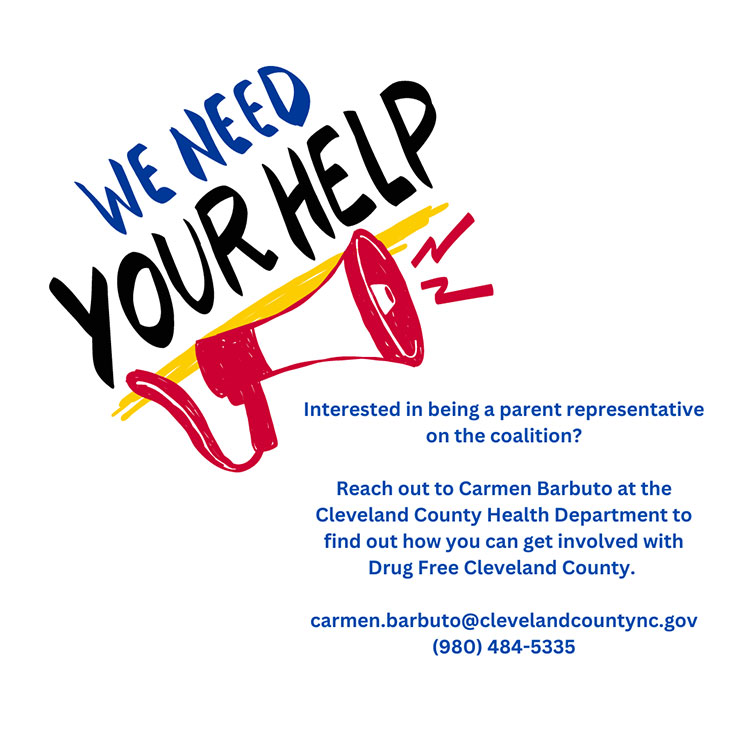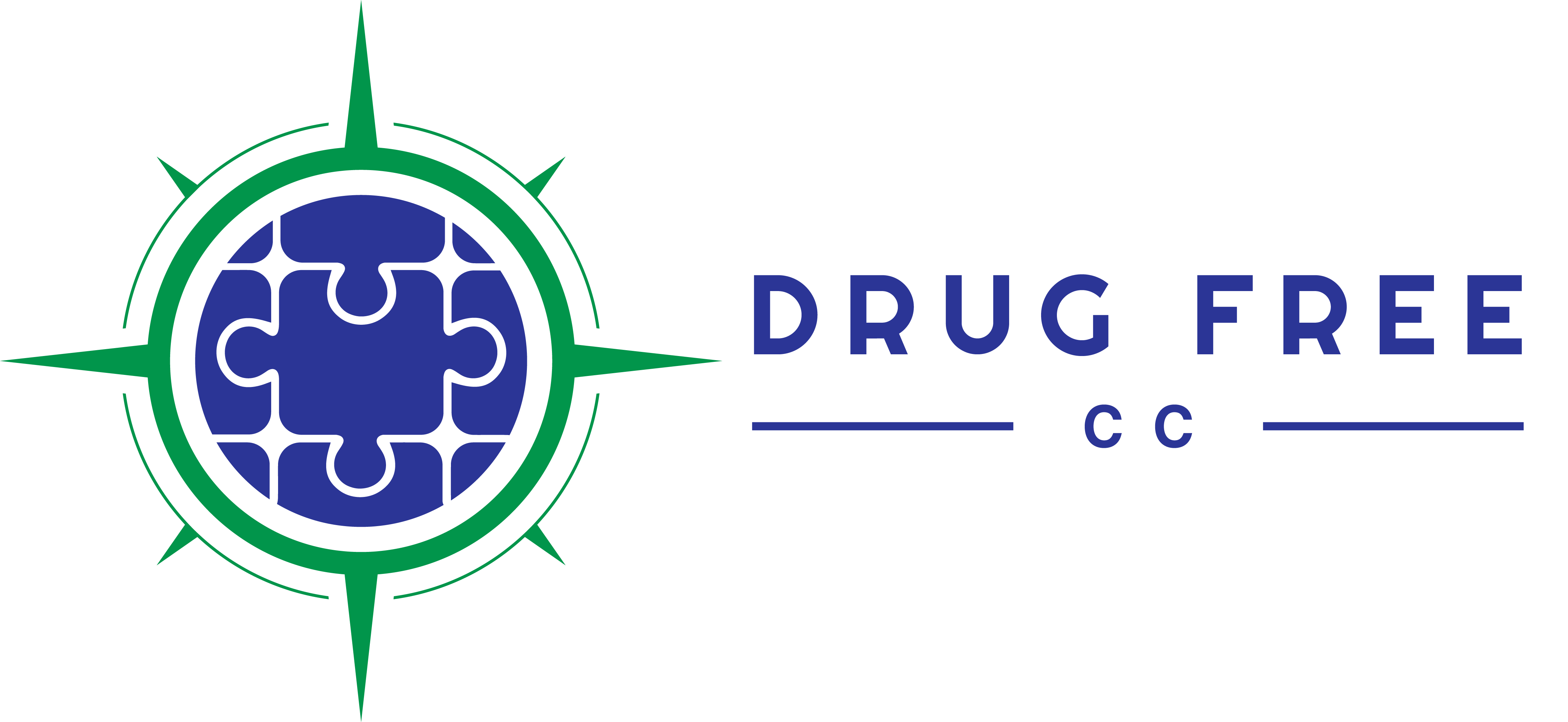PARENT RESOURCES
Know The Law
Many underage drinkers admit that it is very easy to obtain alcohol without actually paying for it. They obtain it from older friends, friends’ parents and even from their own homes. If you provide an underage person with alcohol, you are not only contributing to a greater public health problem, but you are breaking the law. By supplying an underage drinker with alcohol, fines may add up to $2,000 and/or up to two years in jail. You could be charged with a felony if death or injury results. If you are over the age of 21 and are charged with aiding and abetting, the charges may include:
-
- A minimum $500 fine
- Minimum 25 hours of community service
If you have been convicted of the same charge within the past 4 years, charges will increase to a minimum $1,000 fine and 150 hours of community service plus the revocation of your driver’s license
Being a parent, guardian, caregiver, or trusted adult in a child's life is HARD. Especially as the landscape around substances is constantly evolving and we learn new information all the time about long term effects of the new products on that market. The market constantly evolves too, what's new this week or what products have been marketed towards kids, how can anyone keep up?
DFCC is here to help - here you will find resources on drug and alcohol education, how to talk to the kids in your life, and how to spot signs of substance use.
Need to know more about specific substances? Click the EDUCATION tab above for more information.
Research shows that children of parents or guardians who do not set boundaries, establish guidelines and rules for what is expected of kids, or rarely enforce consequences are more likely to make poor choices and are more prone to substance use at a younger age.
Talking with the kids in your life is hard especially if you're unsure where to start. We can help.
Frequently Asked Questions
Underage Drinking

Not sure how to start the conversation, check out these great conversation starts from Talk it Out NC here.
Tobacco and Vaping
You can apply the same concepts from talking to your kids about alcohol to talking about tobacco use and vaping but check out some of these tips and resources.
-
- Set a good example by being tobacco-free and ensure that your kid is not exposed to the secondhand emissions from any tobacco products, including e-cigarettes.
- Talk to your child or teen about why tobacco and e-cigarettes are harmful for them. Use the Talk With Your Teen About E-cigarettes tip sheet for parents. It's never too early or too late.
- Let your child know that you want them to stay away from all tobacco products, including e-cigarettes, because they are not safe for them. Seek help and get involved.
- Set up an appointment with your child’s health care provider so that they can hear from a medical professional about the health risks of tobacco products, including e-cigarettes.
- Speak with your child’s teacher and school administrator about enforcement of tobacco-free school grounds policies and tobacco prevention curriculum.
- Encourage your child to learn the facts and get tips for quitting tobacco products at Teen.smokefree.gov
Drug Use
83% of students whose parents talk to them about the dangers of drugs and illicit substances reported not using ANY within the last year. Similar to conversations about alcohol, tobacco, and e-cigarettes it is important to have open and honest conversations about marijuana, prescription drugs, and other illicit substances.
Some additional tips for a conversation around drug use:
-
- Ensure they know your expectations about drug use, whatever they are.
- Set rules and enforce them - Even though your kids/ teens are getting older and spending more time without you, it’s more important than ever to set rules and expectations. Setting a firm rule of no alcohol, tobacco, marijuana or other drug use will help your child resist pressures to use drugs.
- Give me accurate information on the negative effects of drug use. It could be about how it affects academics or sports performance or limit their options in a career, whatever you believe may resonate best with them
What if I catch my child with drug?
If you have caught your child using drugs or “holding” them for a friend, wait until you are calm to talk to your child. Then, tell your child it’s okay to be honest with you, that you want to know the truth. The following phrases can get good communication going:
-
- “I’m really disappointed. You know I don’t approve of drug use.”
- “I don’t approve of you using marijuana, alcohol or other drugs.”
Your Child Admits to Having Tried Drugs
The idea is to reinforce the rules about alcohol, marijuana and other drug use while keeping the lines of communication open.
“I’m glad you told me, but let me remind you that drugs get in the way of your being healthy and happy. You can lose your driver’s license. You can get kicked off the team. You can fail at school. “
If your child has admitted to using drugs recently, you might want to ask your doctor or counselor for help.
If Your Teen Asks, “Did You Ever Do Drugs?”
It’s important to be honest, but you don’t need to include too many details. If you did use drugs, you can say, “When I was young I smoked marijuana because some of my friends did. I thought I needed to in order to fit in. If I had known then about the consequences, I never would have tried marijuana, and I’ll do everything I can to help keep you away from it. Something bad could have happened to me and I don’t want anything bad to happen to you.”
What is age appropriate conversation?
Up to 12 years old
Younger children — pre-teens and tweens — are often curious about substances they may be exposed to on TV, in movies, social media, or from older siblings and family members. This is a great time to have an honest conversation about what alcohol is and the potential dangers of use.
13 - 17 years old
Once they become teenagers, curiosity can transform into pushing boundaries and experimentation. They know what alcohol and vaping are and may be aware of other substances, and now they need you to share the facts (link) about why they shouldn’t use it (even when their friends are). External influences, like peer pressure and social stigma, are more likely to be felt by teens, so be flexible in how you start the conversation about tough topics
18-20 years old
By the time they graduate and are off at college, substance use is a reality in many teens’ lives. Now’s the time to shift your conversations to focus on the implications of risky choices on things like future job opportunities, next-level education, and family.

If you or a loved one are suffering from substance use, help is available. Click the help button below to find local resources.
